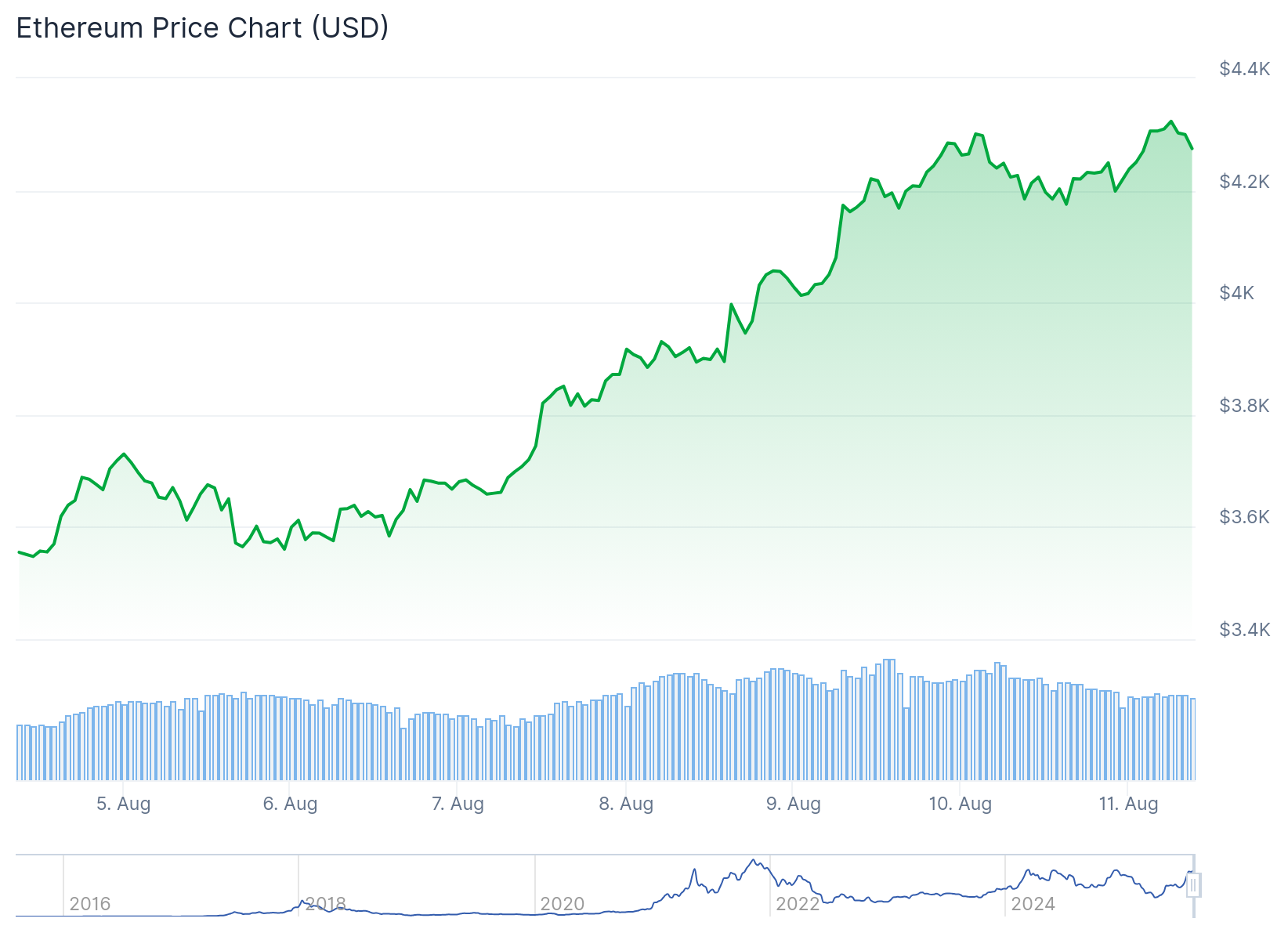22.06.2025 21:22
The Federal Reserve is poised to increase interest rates, driven by escalating inflation concerns and a surge in oil prices. This upward pressure stems from the escalating geopolitical instability in the Middle East, where recent military actions have severely disrupted global oil supplies.
Following retaliatory airstrikes on Iranian nuclear facilities by the US, after earlier Israeli attacks, Iran has responded by shutting down the Strait of Hormuz, a critical global oil transit point. This move, according to JP Morgan analysts, could send oil prices skyrocketing to $130 per barrel, potentially pushing US inflation back to the 5% level seen in March 2023, a period marked by consecutive Fed rate hikes.
This situation mirrors a 2010 Federal Reserve study which highlighted the detrimental effects of prolonged oil price shocks. The research demonstrated that oil-importing nations, such as the United States, experience a decline in national wealth due to increased energy costs. This leads to reduced consumer and business spending, currency devaluation, and significant trade imbalances. While efforts to curtail oil consumption will undoubtedly be made, they are unlikely to fully mitigate the negative economic consequences. The outcome, as the study suggests, is a worsening oil trade deficit and reduced imports of other goods, with any improvement in non-oil trade balances stemming solely from a broader economic slowdown.
Adding to the volatility, Iran's foreign minister issued a statement emphasizing the country's right to self-defense and implying potential further retaliation for the recent attacks on its nuclear facilities. While Iran has made repeated threats to close the Strait of Hormuz since 2000, the current geopolitical climate suggests a heightened risk of this action actually being implemented, potentially leading to a catastrophic spike in global energy prices and furthering inflationary pressures.











